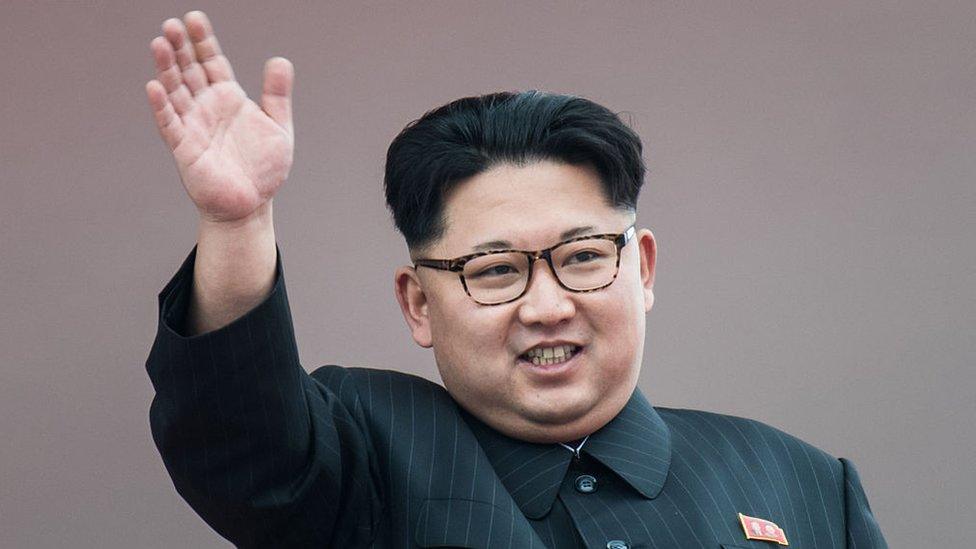North Korea defector numbers 'drop' under Kim
- Published
A rare instance of a defector fleeing through the demilitarised zone was captured on CCTV in 2017
The number of North Korean defectors to South Korea has fallen since Kim Jong-un came to power seven years ago, a South Korean lawmaker has said.
Park Byeong-seug, citing data from the South's unification ministry, said there had been 1,127 defections last year - compared with 2,706 in 2011.
Mr Park said tighter border controls between North Korea and China and higher rates charged by people smugglers were key factors.
Pyongyang has made no public comments.
The vast majority of defectors from the North are eventually offered South Korean citizenship.
Seoul says more than 30,000 North Koreans have illegally crossed the border since the end of the Korean War in 1953.
Most flee via China, which has the longest border with North Korea and is easier to cross than the heavily protected Demilitarised Zone (DMZ) between the two Koreas.
China regards the defectors as illegal migrants rather than refugees and often forcibly repatriates them.
Relations between the North and the South - who are still technically at war - have markedly improved in recent months.
Earlier this month, the leaders of the two countries met in Pyongyang for talks that centred on the stalled denuclearisation negotiations.
This came after June's historic meeting between US President Donald Trump and Kim Jong-un in Singapore, when they agreed in broad terms to work towards the nuclear-free Korean peninsula.
But on Saturday, North Korean Foreign Minister Ri Yong-ho blamed US sanctions for the lack of progress since then.
"Without any trust in the US, there will be no confidence in our national security and under such circumstances, there is no way we will unilaterally disarm ourselves first," Mr Ri said in a speech to the UN General Assembly in New York.
- Published22 November 2017
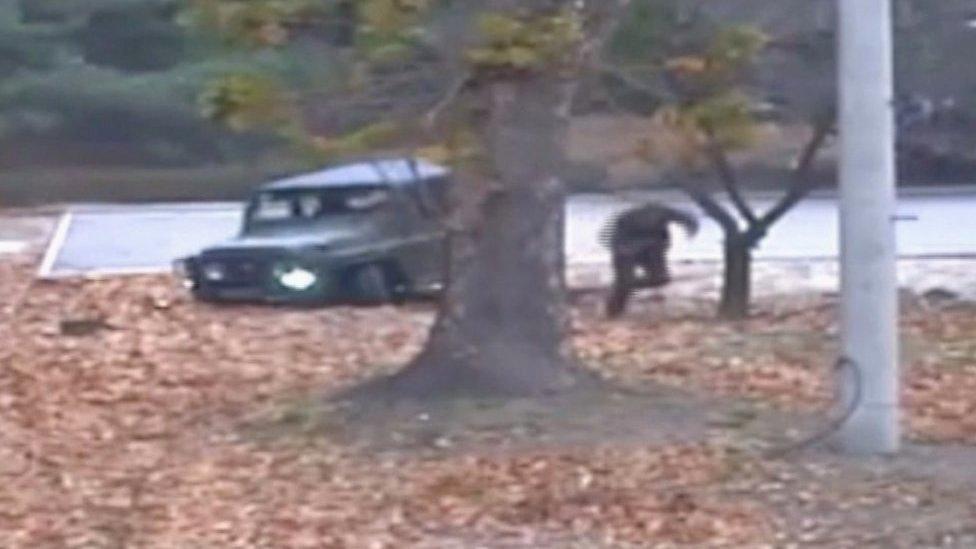
- Published16 August 2016
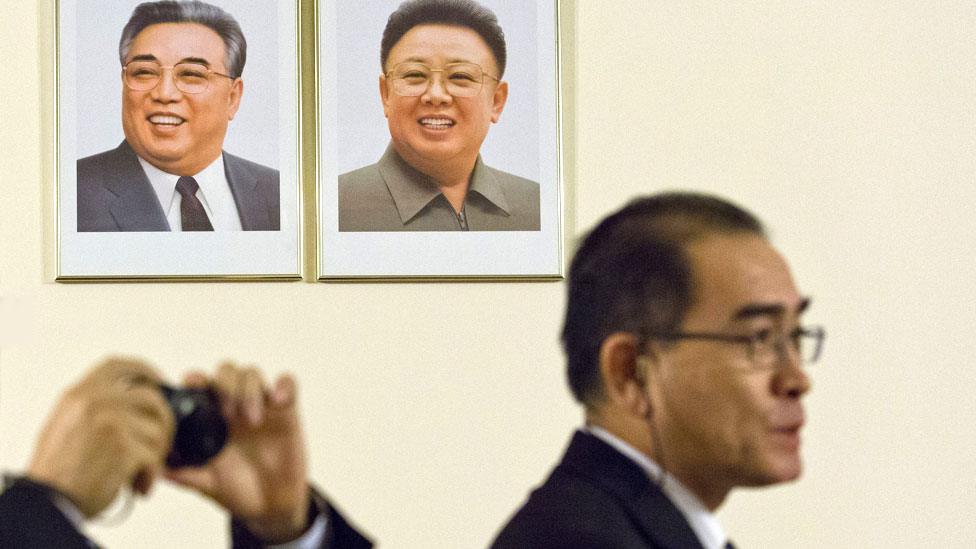
- Published28 October 2015

- Published30 September 2018
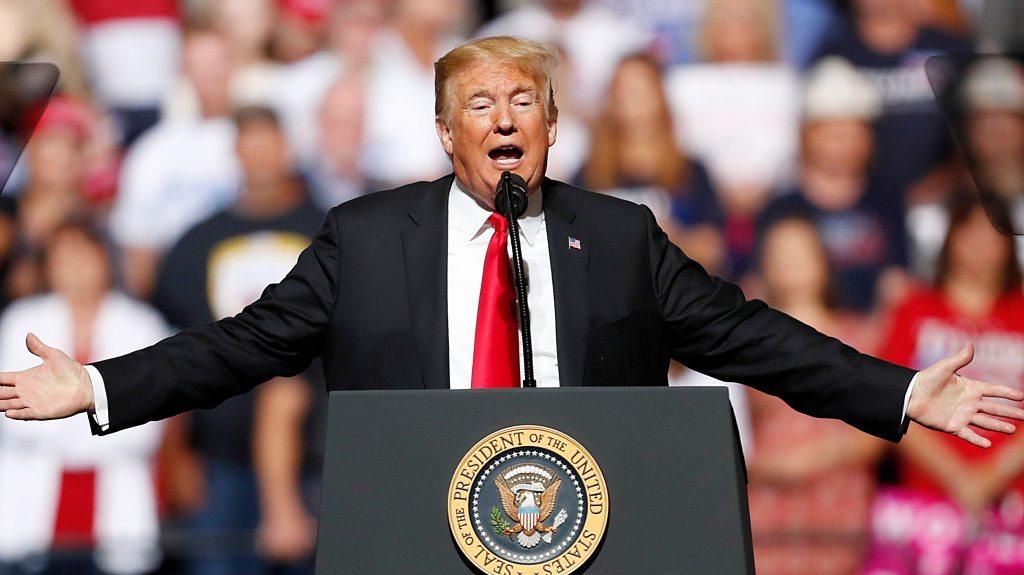
- Published24 September 2018
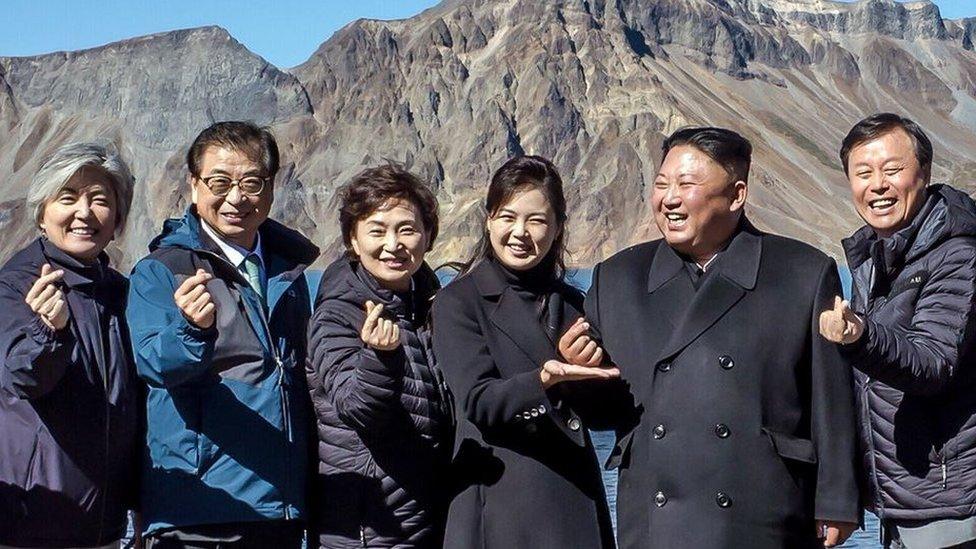
- Published18 February 2019
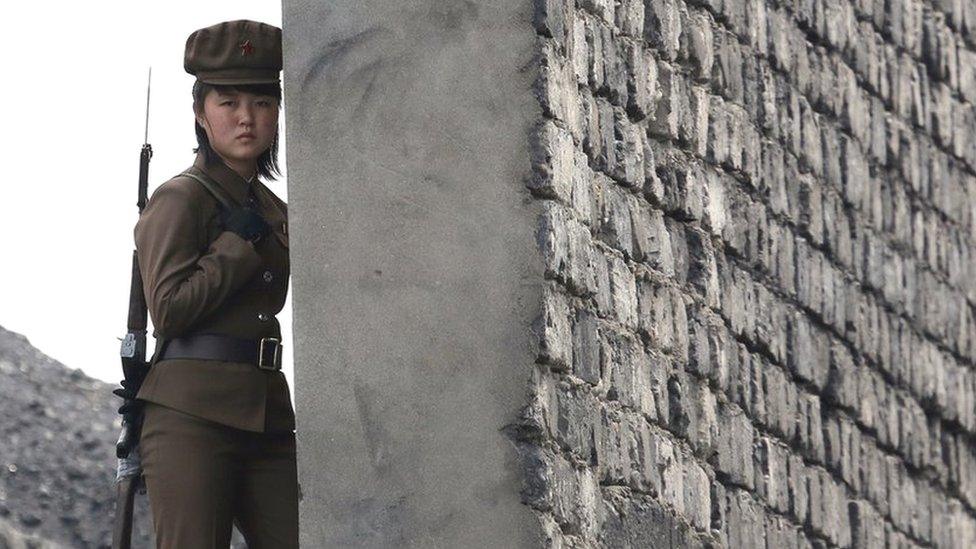
- Published19 September 2018

- Published6 June 2018
